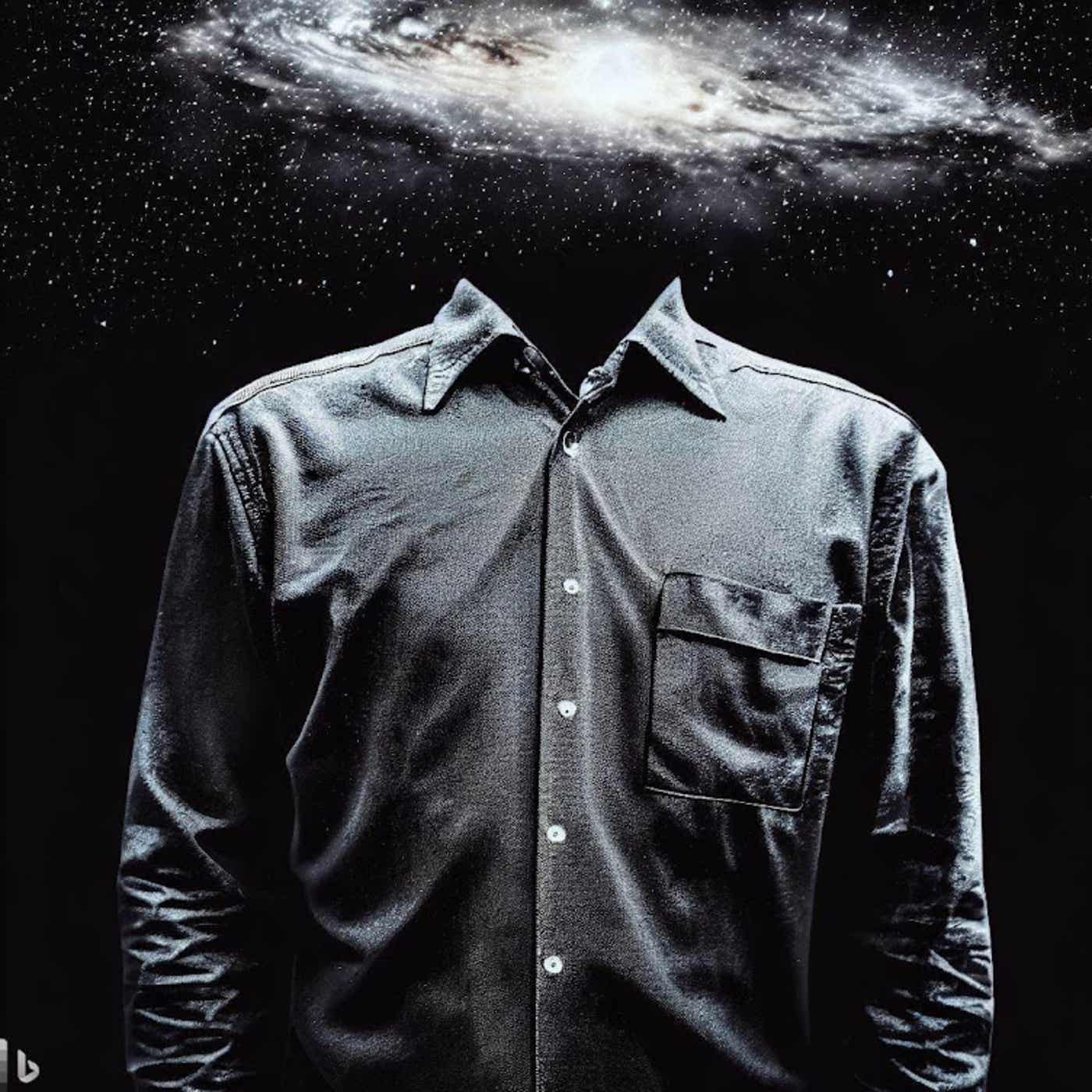Predicting green: really radical (plant) predictive processing
Description
Today’s article, Predicting green: really radical (plant) predictive processing by Paco Calvo and Karl Friston reveals that plants, like animals, engage in predictive processing - a fundamental aspect of intelligence involving predictions and evidence-gathering to minimize surprise and uncertainty.
Despite lacking a central nervous system, plants demonstrate intelligence through adaptive behaviors, predicting future conditions and adjusting their growth patterns accordingly. I found this to be amazing.
Humans also generate internal models of the world, comparing predictions with sensory data and adjusting beliefs and actions to minimize discrepancies. I find that this process creates a sense of separation between self and environment and a constant striving to align reality with expectations.
However, Douglas Harding's Headless Way provides a complementary viewpoint. Harding invites us to notice that at the center of our experience - where we assume our head to be - there is actually a vast, boundless awareness. This awareness is the space in which all sensations, thoughts, and predictions occur.
Harding's insights remind us that there's more to our nature than prediction and adaptation. We are also the vast, open awareness in which all of life's predictions and surprises play out - a truth we can directly experience here and now.
By integrating these perspectives, we can navigate life with both the wisdom of our adaptive, predictive nature and the freedom of boundless awareness. Editors Note: True to the nature of the Headless Deep dive I worked with Claude.ai to help me draft this article.
This is a public episode. If you would like to discuss this with other subscribers or get access to bonus episodes, visit headlessdeepdive.substack.com
More Episodes
Philosopher Bernardo Kastrup takes the “hard problem of consciousness” and completely turns it inside out. Kastrup’s PhD dissertation titled Analytic Idealism: A consciousness-only ontology, argues that consciousness is fundamental. Everything supposedly “material” (including our bodies and...
Published 11/11/24
Published 11/11/24
In his article, On the Nature of Time, Stephen Wolfram describes the computational model he has for the universe and how that results in a new way to look at time. Wolfram is a physicist, computer scientist, author, inventor of Mathematica (software used by scientists and engineers) and Wolfram...
Published 11/09/24


